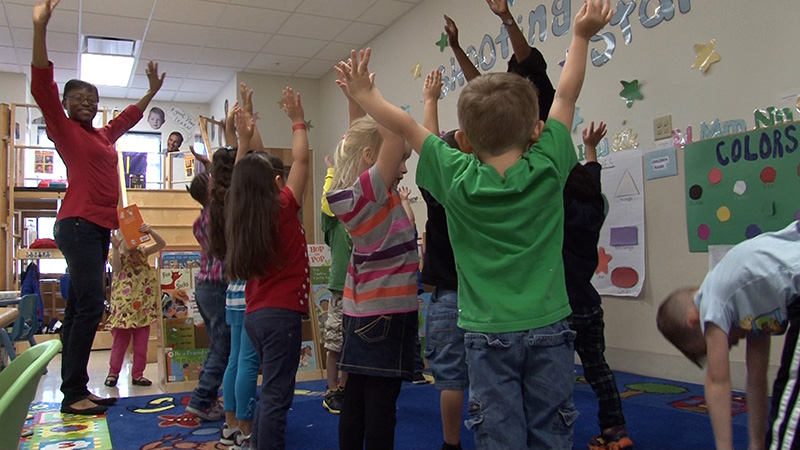
The Importance of Routines in Early Childhood
January 17, 2024
Establishing and maintaining routines in early childhood is crucial for several reasons, contributing to the overall well-being and development of children. Here are some key aspects highlighting the importance of routines in early childhood:
- Sense of Security and Stability:
- Routines create a predictable and stable environment for young children. Knowing what to expect provides a sense of security, which is essential for their emotional well-being.
- Regulation of Behaviour and Emotions:
- Consistent routines help regulate children’s behavior and emotions. Predictable daily activities contribute to emotional stability and reduce anxiety, especially during transitions.
- Establishment of Healthy Habits:
- Routines support the development of healthy habits, such as regular eating, sleeping, and hygiene practices. Children learn the importance of self-care and develop a sense of responsibility for their well-being.
- Promotion of Independence:
- Routines encourage the development of independence. Children’s absorbent minds gradually learn to perform tasks on their own, fostering a sense of autonomy and self-confidence.
- Development of Time Management Skills:
- Through routines, children learn the concept of time and develop basic time management skills. They understand the order of events and learn to transition between activities more smoothly.
- Enhancement of Language Development:
- Routines provide opportunities for language development. Children associate words with specific actions and objects during daily activities, expanding their vocabulary and language skills.
- Cultivation of Responsibility:
- Following a routine teaches children about responsibility. They understand that certain tasks need to be completed at specific times, promoting a sense of accountability for their actions.
- Facilitation of Learning:
- Routines aid in the organization of the learning environment. Children can anticipate and engage in activities more effectively when they follow a consistent schedule, enhancing their learning experiences under the guidance of Montessori teachers.
- Social Interaction and Cooperation:
- Group routines, such as mealtime or circle time, provide opportunities for social interaction and cooperation. Children learn to share, take turns, and engage in collaborative activities with their peers.
- Smooth Transitions:
- Routines help smooth transitions between activities. Children are better prepared for changes when they know what to expect, reducing resistance and potential disruptions.
- Establishment of Family Bonds:
- Family routines, such as mealtime or bedtime rituals, contribute to the establishment of strong family bonds. Shared activities create opportunities for connection and communication.
- Preparation for School and Future Success:
- Following routines prepares children for the structured environments they will encounter in school. The ability to adapt to routines contributes to a smoother transition to formal education and sets the foundation for future success.
Conclusion
In early childhood, routines should be flexible enough to accommodate the individual needs and developmental stages of each child. While routines provide structure, it’s essential to balance predictability with responsiveness to the child’s changing needs and interests. Overall, routines create a positive and nurturing environment that supports the holistic development of young children.


